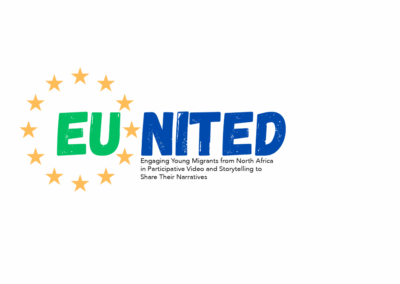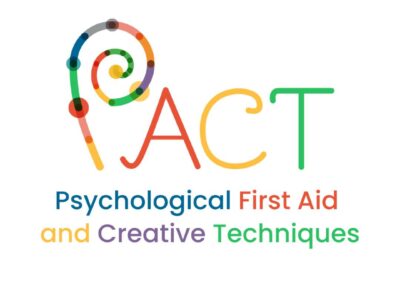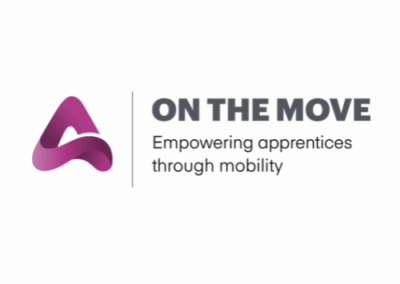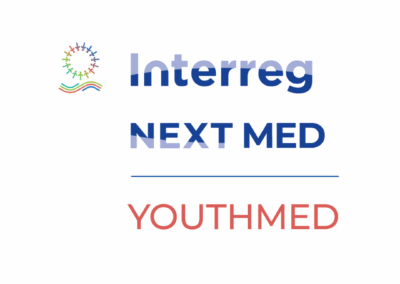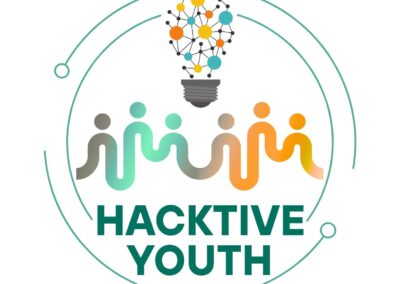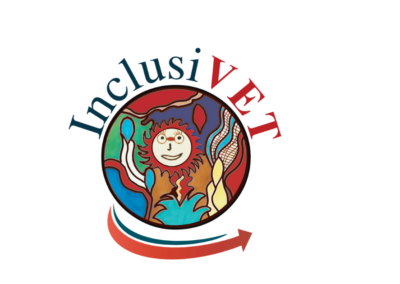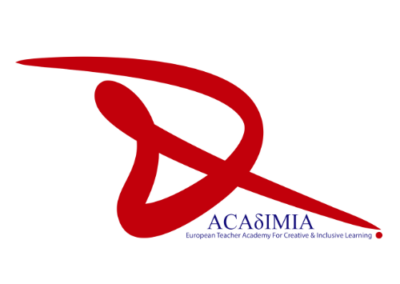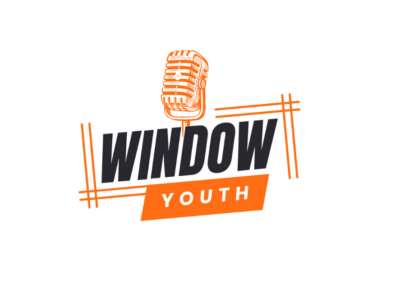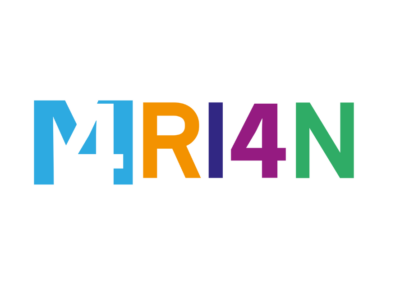YOUTHMED addresses key challenges outlined in the UfM Regional Strategy for Youth and the UN Sustainable Development Goals, focusing on:
-
Limited training and economic opportunities for marginalized youth
-
Gender-based discrimination
-
A lack of cross-border collaboration among youth organizations
The project empowers young people with practical skills in digital marketing, social media, and critical thinking, while actively promoting gender equality and social inclusion. It also strengthens cross-border cooperation by uniting youth organizations across the Mediterranean.
Key project outcomes include:
-
A cross-border cooperation agreement among 25 youth organizations
-
Launch of an innovative e-media exchange platform
-
A tailored training curriculum and capacity building for 480 marginalized youth and 30 youth organization members
-
Awareness campaigns engaging 300 participants
-
Counseling and vocational training for 75 vulnerable individuals
YOUTHMED primarily supports marginalized youth, women, refugees, migrants, and local communities. With a strong emphasis on environmental sustainability, the project promotes digital collaboration, eco-conscious events, and environmental awareness.
The Project Objectives
YOUTHMED is committed to creating long-term, positive change for marginalized youth and migrants across the Mediterranean region. The project is designed to drive policy reform, strengthen institutional capacity, and build sustainable partnerships that will continue to support youth empowerment well beyond the project’s lifecycle.
Responding to key issues highlighted by the Union for the Mediterranean (UfM) and the United Nations, YOUTHMED tackles challenges such as limited access to education and economic opportunities, gender-based discrimination, and the social exclusion of youth and migrant communities.
By fostering critical thinking, developing practical skills, and promoting inclusive practices, YOUTHMED aims to empower disadvantaged groups and foster more cohesive societies. Through a collaborative network of partners from Lebanon, Greece, Spain, and Egypt, the project is laying the foundation for a more inclusive and resilient Mediterranean.


